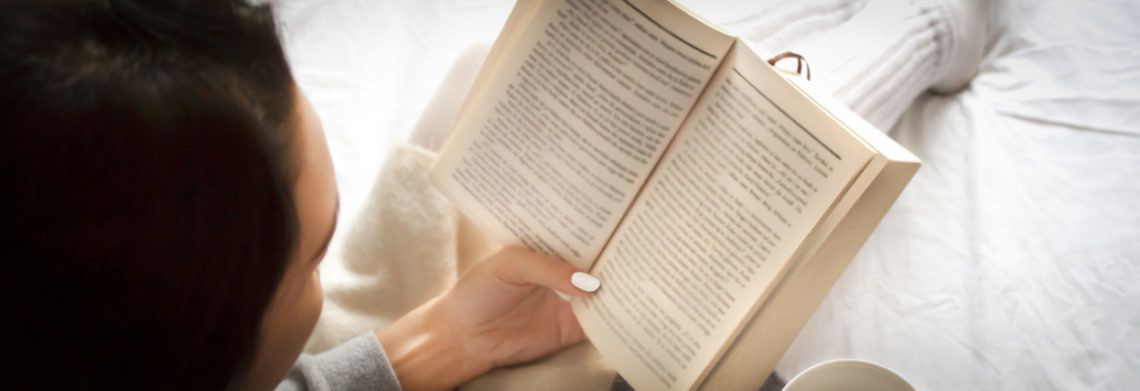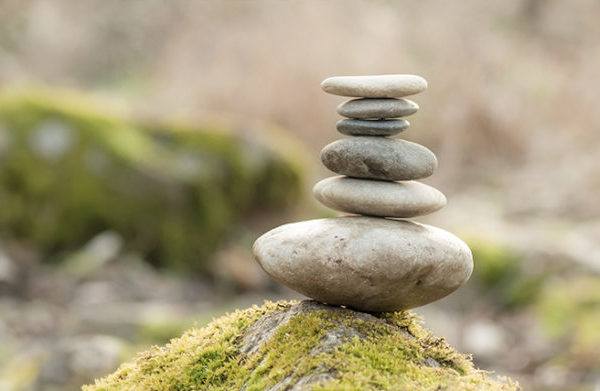
SHA Magazine Wellness & Relax
Good sleeping habits or melatonin supplementation – which is better?
Not getting enough sleep is not only exhausting, it turns you into the irritable, short-tempered, emotionally unstable person you do not want to be. Sleep deprivation has devastating effects on the nervous system: it promotes depression, causes memory problems, and weakens the immune system to the point of increasing the risk of Alzheimer’s disease or cancer.
No wonder people want to sleep at any cost. The consumption of sleeping pills is skyrocketing. Spain is the country with the highest consumption of benzodiazepines. The Spanish Sleep Society estimates that between 20% and 48% of the population at some point suffer from sleeping problems, which in 10% of citizens become chronic in the form of severe insomnia.
Dr. Alejandro Bello, sleep expert at SHA Wellness Clinic, is not a friend of using sleeping pills or supplements: “I recommend looking for the cause of sleep problems first.”
“Taking supplements is not always a good idea, because taking a sleeping pill does not mean that you will have quality sleep, you will just be unconscious for a few hours. Most studies indicate that taking sleep medication does not improve sleep architecture, it just makes you think that you have slept, but your sleep is still the same or even worse. One should try to improve sleep habits and create a routine, before taking pharmaceutical drugs or supplements,” he reflects.
Is melatonin safe and does it work?
Melatonin, also called the darkness hormone by Norwegian journalist Sigri Sandberg in her essay Ode to darkness (Capitán Swing, 2022), has been available in Spain for years now. In 2007, the first pharmaceutical product with melatonin as the active ingredient was authorised at a dose of 2 milligrams (mg) per pill. In addition, the sale of food supplements containing this hormone was approved, as long as the doses did not exceed 1.9 mg. Since then, consumption has skyrocketed, with an extreme peak during the pandemic, with pharmacists recalling selling up to 30 boxes in one day.
A study published in JAMA in 2018 already warned that melatonin was being consumed in the US more than twice as much compared to the previous decade, and scientific evidence reports mild side effects that remit spontaneously.
What we do when we take a melatonin pill or a gummy is supplement a function of our body that is disturbed by an excessively illuminated life, with little difference between day and night, a circumstance interfering with the secretion of the hormone which is regulated by circadian rhythms. Experts call these pills we take “exogenous melatonin” to differentiate it from the melatonin we secrete or should secrete without any assistance.
Melatonin is the primary hormone involved in the regulation of the sleep-wake cycle and its primary function is sleep induction. Its synthesis occurs mainly in the pineal gland, although it is now known that it is synthesised in other organs as well, such as the retina, bone marrow, skin, serotonin-producing cells of the gastrointestinal tract, the cerebellum, and the immune system.
One circadian cycle lasts 24 hours. The start of melatonin secretion coincides with the time of the day when the concentration of adenosine, a substance produced by brain activity during wakefulness, is highest and which, when it accumulates, causes us to feel exhausted. In this manner, sleep is facilitated both by the accumulation of adenosine and by the progressive dimming of light which causes the secretion of melatonin.
Ameta analysis of 19 clinical trials involving more than 1,600 adults and children with sleep disorders showed that melatonin reduced the time it took to fall asleep by seven minutes, increased the time spent asleep by eight minutes and increased the overall quality of sleep. In addition, it revealed that melatonin helped to alleviate short-term insomnia caused by jet lag after travel.
“The problem is that melatonin supplements lead to tolerance and increasingly higher doses are going to be needed. Besides, why spend time in front of a screen – which emits blue light and suppresses the natural secretion of melatonin – and then supplement with melatonin,” Dr. Bello asks and adds: “When you give the body something that it should produce naturally, it will produce progressively smaller amounts of that substance, because what is not used is lost. It makes more sense to reinforce routines and healthy habits which improve the natural production of melatonin. At SHA Wellness Clinic, this is the path we prefer to follow with our patients.”
The expert acknowledges that some people have problems producing melatonin naturally and, perhaps, these would be the best candidates to benefit from these supplements. “There are people for whom melatonin has paradoxical effects. That is, it causes the opposite effect of the one intended. It depends very much on the quality and type of melatonin, and on the person”.
“To optimise sleep, the ideal thing to do is to start dimming all lights from eight o’clock in the evening. I light candles in my house, so as to create a calm atmosphere and encourage the body to start secreting melatonin naturally“, reveals Dr Bello, who also recommends avoiding blue light-emitting screens, because they suppress melatonin production, affect the ability to fall asleep, and shorten the REM phase, which is the most restorative phase and the one in which the most integration and emotional balance are achieved.
“It is important to try to do relaxing things one hour before going to sleep. You can’t go straight to bed, if you have not paused all day, you have to slow down the pace”, says the expert and points out that one of the worst sleep habits is to take to bed the problems we have not thought about all day: “Since it is the only time we pause, many people go to bed to reflect and think about their problems, and that is a very bad idea, if you want to fall asleep. Furthermore, this is the reason why many people with anxiety also have insomnia. Anxiety is equivalent to fear and, when the body is afraid, it does not want to sleep, it wants to flee and protect itself.”
The SHA Spain sleep expert recommends listening to relaxing music, journaling (writing a diary), listening to stories, meditation and reading (better on paper than an ebook), and believes that it is not a good idea to watch series, because of the blue light emitted by screens.
“The room needs to be slightly cooler, about 18 degrees Celsius, because the body needs to lower the temperature by one to three degrees in order to fall and stay asleep. The room has to be completely dark, because we are very sensitive to light. I recommend that people with sleep problems use a sleep mask,” continues Dr. Bello.
And, if we cannot avoid a sleepless night and we have doubts about our sleep, we should try to compensate the following day with a nap of between 30 and 90 minutes, always before three in the afternoon so that it does not interfere with our night’s sleep.





